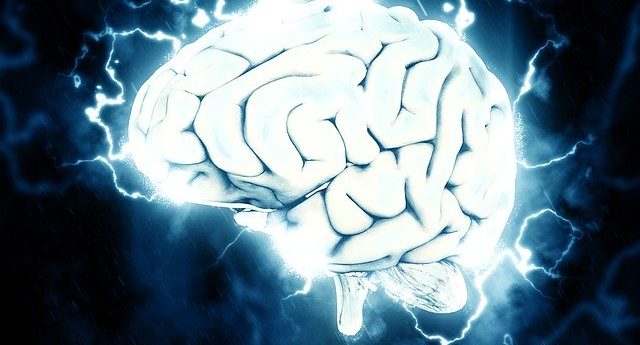High-dose baclofen associated with encephalopathy in elder individuals with kidney disease

The results of a novel study suggest that older individuals with chronic kidney disease prescribed a high dose of baclofen may be more likely to be hospitalized for severe confusion or disorientation compared with individuals not prescribed the drug, or prescribed a low drug dose.
In 2016, more than 8 million prescriptions for baclofen were written in the USA. For the first time, researchers from the University of Western Ontario, ICES Western and Lawson Health Research Institute (all Ontario, Canada) have investigated the association between baclofen dose and severe confusion or disorientation incidence amongst elder individuals with kidney disease. The results of the study suggest that a high dose of baclofen is correlated with an increased incidence of cognitive symptom-related hospitalizations amongst individuals with chronic kidney disease.
In this retrospective study, researchers evaluated the 30-day encephalopathy-related hopsital admissions rates amongst 15,942 patients, over the age of 65, with chronic kidney disease. 9707 study participants — equivalent to 61% of the study cohort — were receiving baclofen prescriptions of 20mg per day, or more. The remaining study participants were receiving less than 20mg of baclofen each day.
Frequently asked questions:
What is baclofen?
What is encephalopathy?
Encephalopathy-related hospitalization was defined as a hospitalization due to a main diagnosis of delirium, disorientation, transient alteration of awareness, transient cerebral ischemic attack or unspecified dementia, within 30 days of starting baclofen.
Amongst individuals receiving 20mg of baclofen a day or more, the total incidence of hospitalization due to encephalopathy was 1.11%. By contrast, amongst individuals receiving lower doses of baclofen, this rate was only 0.42%.
The results of secondary study analysis, comparing encephalopathy-related hospitalization rates of high- and low-dose baclofen users with a population of 284,263 nonusers, demonstrate that encephalopathy was more common amongst baclofen users compared with nonusers.
In addition, researchers observed that cognitive symptom-related hospitalization was more common amongst individuals with poorer kidney function — 30% or lower —compared with study participants whose kidney function was 60%.
This is particularly concerning as, as senior study author Amit Garg (University of Western Ontario) commented: “…in current practice most patients are getting a similar dose of baclofen no matter what the level their kidney function is.
The study authors concluded: “This study shows quite clearly the potential harm of this drug…We’re hoping regulatory agencies will now take a look at this and perhaps add a new black box warning for baclofen. With this new information prescribers should reconsider risk—benefit, and should be quite cautious before they prescribe this drug. When they believe the drug is indicated, a low dose should be considered, and patients and their families should be warned about what to look out for in terms of side effects.”
Sources:
Muanda FT, Weir MA, Bathini L et al. Association of baclofen with encephalopathy in patients with chronic kidney disease. JAMA. doi:org/10.1001/jama.2019.17725 (2019) (Epub ahead of print);
What is baclofen?
Baclofen is an agonist at GABA-B receptors; it is commonly prescribed as a muscle relaxant to treat muscle spasticity.
What is encephalopathy?
Encephalopathy is an umbrella term that refers to diseases that damage the brain. Symptoms of encephalopathy can include memory loss, dementia, confusion, disorientation and seizures, amongst others.
